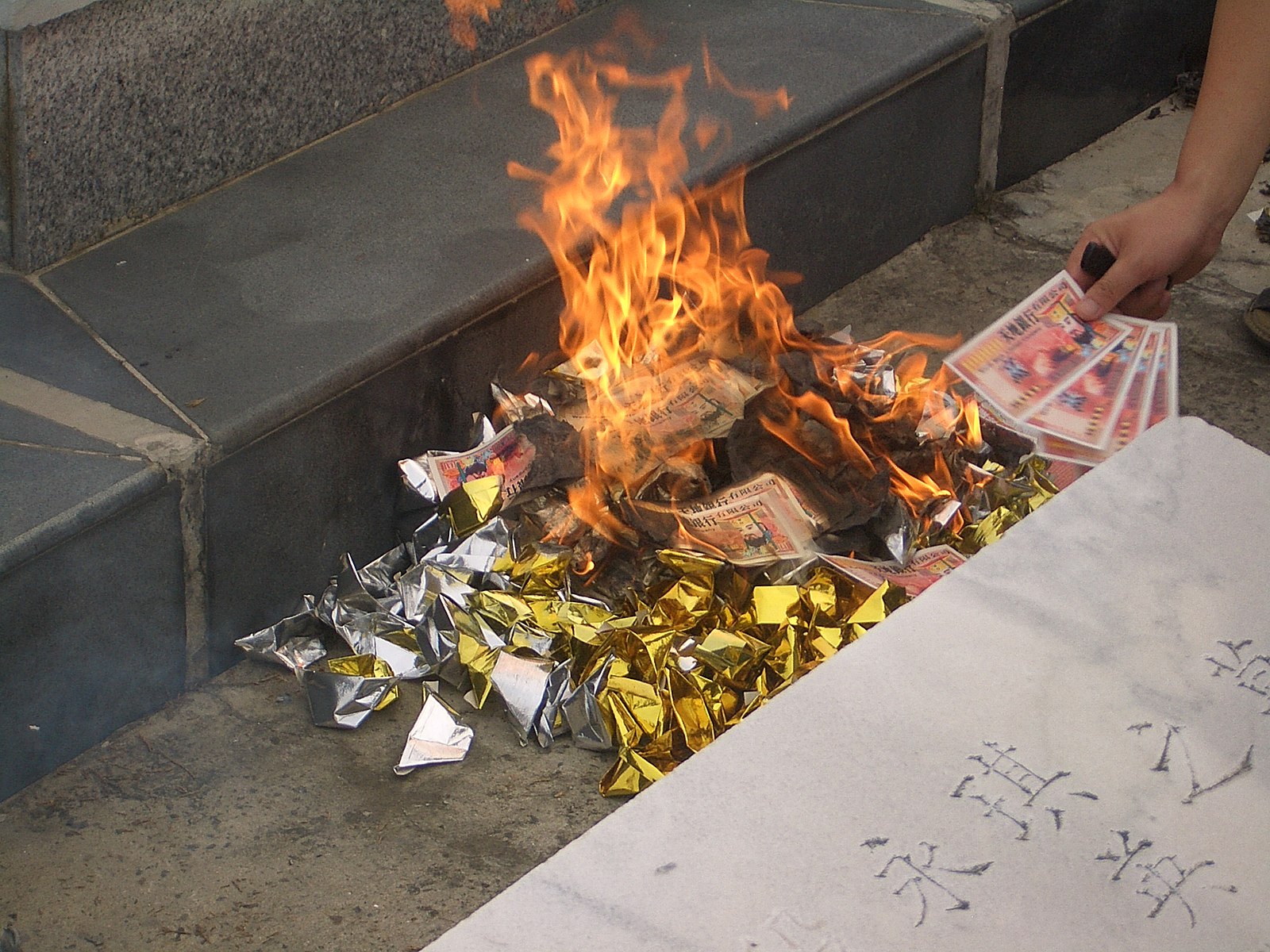A woman in Anhui province has claimed fraud after spending RMB50,000 on psychic classes, Global Times reports.
The woman, surnamed Liu, began enrolling in courses offered by an Official WeChat account called Magick Area in January 2021. Her reasoning was allegedly to bring romance and wealth to her life.
One of the courses she purchased was animal telepathy – a four-hour lesson claiming to teach participants how to communicate with animals, which costs RMB3,000. Alleged ‘foreign experts’ were invited to some of these lessons.

A Tarot card reading course hosted by Australian Paul Fenton-Smith on offer from the unregistered Nanjing company. Screengrab via @头条新闻/Weibo
By August, Liu became dissatisfied with the results of the program, and she asked for a refund. When the refund was denied, she contacted authorities who discovered that the Nanjing-based companies involved weren’t registered. Police are investigating two companies in Jiangsu’s capital.
A hashtag referring to Liu’s situation has been viewed over 160 million times on Weibo. Several Chinese netizens suggested that she would have been better off enrolling at Hogwarts, the fictional school of magic from the Harry Potter series.
China maintains its commitment to protecting an individual’s freedom of religious belief, as outlined in the ‘Human Rights Action Plan of China (2021-2025).’ However, it is illegal for unregistered individuals or businesses to sell religious or superstitious products.
In China’s first Criminal Code, written in 1979, Article 99 stated that anyone who organizes or uses feudal superstition in a ‘counterrevolutionary’ way would be punished. The penalty is no less than five years in jail, as per a translation for The Journal of Law and Criminology published in 1982.
The term ‘feudal’ was later removed when the Criminal Law of China was amended in 1997, according to Science Direct. Feudalism specifically refers to the decentralized kingdoms of ancient China but in the context of superstition, it refers to the longstanding cultural origin of these beliefs.
As a result, the line between superstition and tradition is blurred in regard to the law.
As Liu was asking for a refund, the Shanxi Provincial Department of Justice drew the ire of Chinese netizens in August with a proposed ban on the production and sale of funeral products associated with superstition.
According to Global Times, the draft law wasn’t meant to target consumers but rather to regulate which companies could produce and sell products like ghost money and paper shirts, horses, etc. for burning at funerals and during Tomb Sweeping Festival.
 Ghost or Joss money is burned at the tombstones of deceased relatives on the Tomb Sweeping and Ghost Festivals across China. Image via Wikimedia
Ghost or Joss money is burned at the tombstones of deceased relatives on the Tomb Sweeping and Ghost Festivals across China. Image via Wikimedia
Nonetheless, Weibo users criticized the proposal as these mourning rituals have been practiced throughout several dynasties.
Burning ghost money and other paper products have been banned by other municipalities in recent years in a bid to prevent wildfires and other hazards, according to China Daily.
[Cover image via Pexels]





















0 User Comments